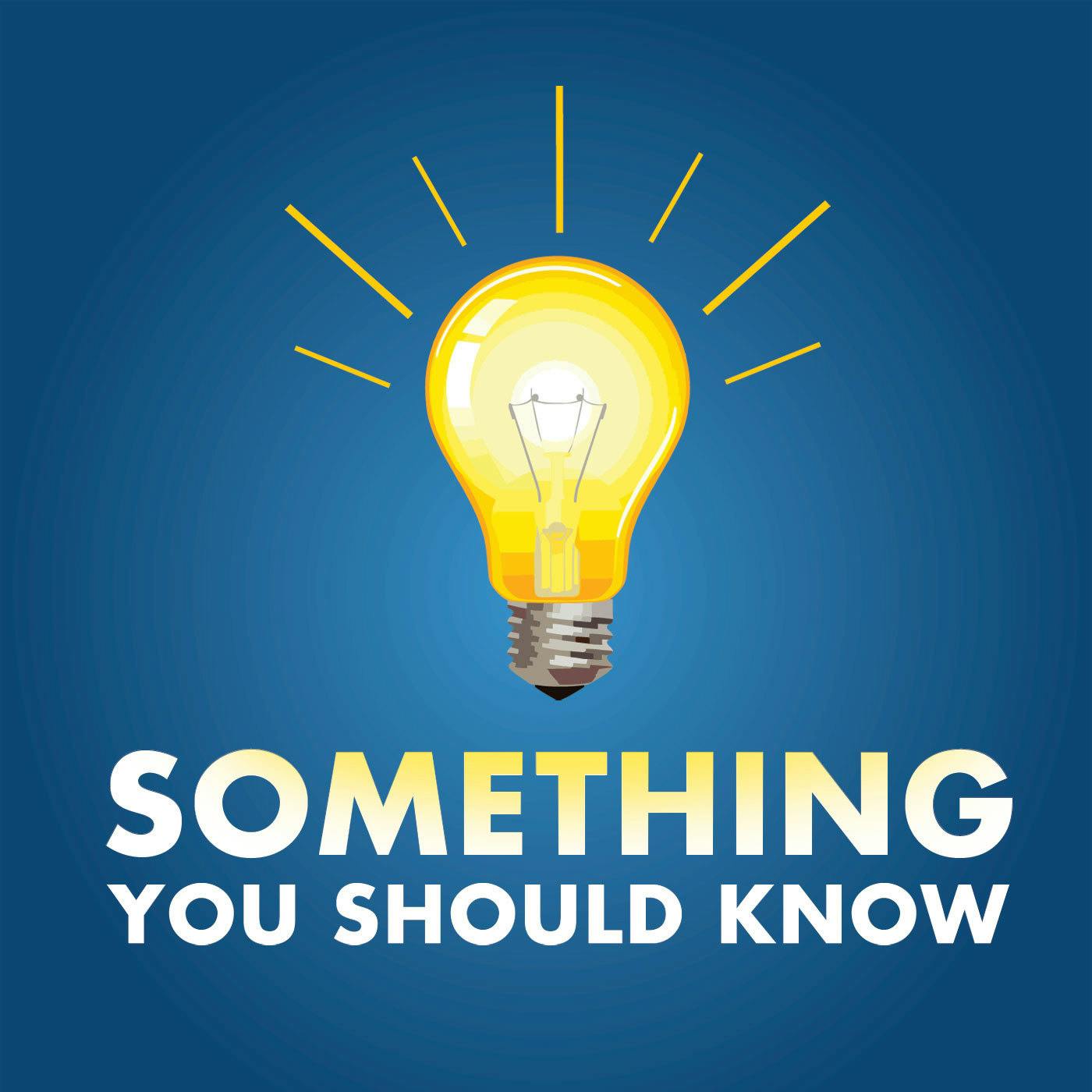
The Skincare Hoax & How Measurement Shaped Our World - SYSK Choice

Something You Should Know
Key Insights
Why might being neat not necessarily be better than being messy?
Research shows that neat people tend to be more judgmental and spend a significant portion of their day on neatness rather than daily tasks. Messiness is a personality trait that is hard to change, and trying to force neatness can cause tension and frustration.
What are the key findings from Dr. Fayne Frey's testing of skincare products?
Dr. Frey has found that most skincare products, including anti-aging and anti-wrinkle creams, do not get rid of wrinkles. There is no correlation between the price of a moisturizer and its effectiveness. Sunscreen is the most effective anti-aging product.
How does Dr. Fayne Frey recommend choosing skincare products?
Dr. Frey recommends buying products from reputable national brands that have the resources to make high-quality products. She emphasizes understanding the ingredient listing, though she acknowledges that most consumers lack the chemistry background to do so effectively.
What is the significance of sunscreen in skincare according to Dr. Fayne Frey?
Sunscreen is the most effective anti-aging product on the market. It is regulated as a drug in the U.S. because it prevents disease. Dr. Frey believes everyone should use sunscreen every day of the year.
Why did the definition of a kilogram change in 2018?
The kilogram was previously based on a physical standard, a platinum-iridium alloy weight kept in a vault near Paris. It was discovered to be losing weight, so it was redefined based on universal constants, specifically quantum constants, to ensure unchanging standards.
What is the origin of the meter as a unit of measurement?
The meter was originally defined as one ten-millionth of the distance from the North Pole to the equator. It was chosen for its unchanging and universally accessible nature. A physical meter standard was later created for practical use.
Why has the U.S. not adopted the metric system?
The U.S. was too powerful and had a large internal market, making it unnecessary to adopt the metric system. Additionally, there was resistance to the metric system being seen as inherently foreign due to its origins in the French Revolution.
How can you tell if someone is lying based on how they tell a story?
Liars tend to tell their stories in chronological order and skip unnecessary details. They often struggle to include an epilogue describing their emotions, which truth-tellers naturally include.
Chapters
- Neat people are often more judgmental and want others to be neat as well.
- Messy people do not typically demand that neat people become messier.
- Neatness and messiness are personality traits that are difficult to change.
Shownotes Transcript
We live in a culture that has a definite bias towards neatness. But it makes you wonder – is being neat objectively better than being messy? This episode begins by looking at the difference between neat and messy people and whether neatness is all it’s cracked up to be. Source: David H. Freeman author of A Perfect Mess )(https://amzn.to/3X6IsnK))
Think of how much money people spend on skin care – from soaps, creams, moisturizers, and all those other products at the skin care counter. Do they actually do anything? Are the ingredients safe? How do you know which ones to buy? Here to discuss this is dermatologist Dr. Fayne Frey who has been independently testing skin care products for many years. Listen as she reveals which products are absolutely, which ones are a waste of money and how to choose the best products for you? Dr. Frey is author of the book The Skincare Hoax (https://amzn.to/3UGFhkV) ). Her website is https://www.fryface.com)
It seems people like to measure things. We measure everything in inches, pounds, ounces, miles, meters, grams and a million other ways. Measuring things helps us make sense of the world and everything in it. But where did all those different ways of measuring things come from? Here to explain the history and science of measurement is James Vincent, senior reporter for The Verge and author of a book called Beyond Measure: The Hidden History of Measurement from Cubits to Quantum Constants (https://amzn.to/3V1LGaj).)
You may be able to spot if someone is lying by listening to how they tell a story.One interesting way to tell if someone is lying is to listen to how they tell a story. When people are making things up, they tend to weave the story differently than when someone is recalling a true story. Listen as I explain the difference. http://lifehacker.com/5959543/true-or-false-pay-attention-to-structure-to-tell-if-a-story-is-made-up)
Learn more about your ad choices. Visit megaphone.fm/adchoices)
